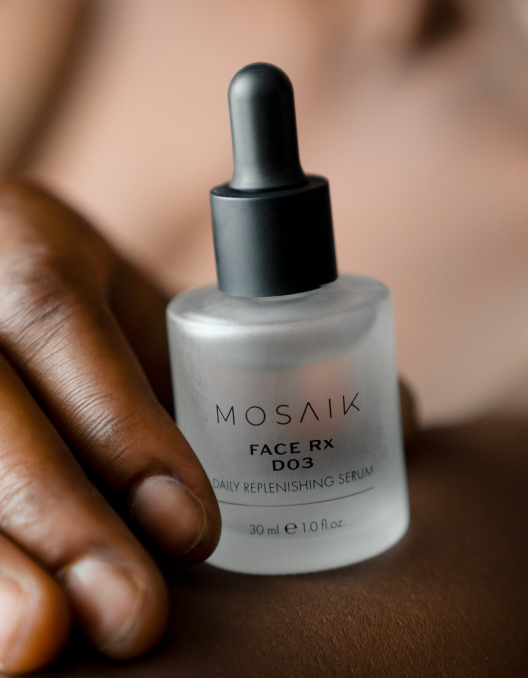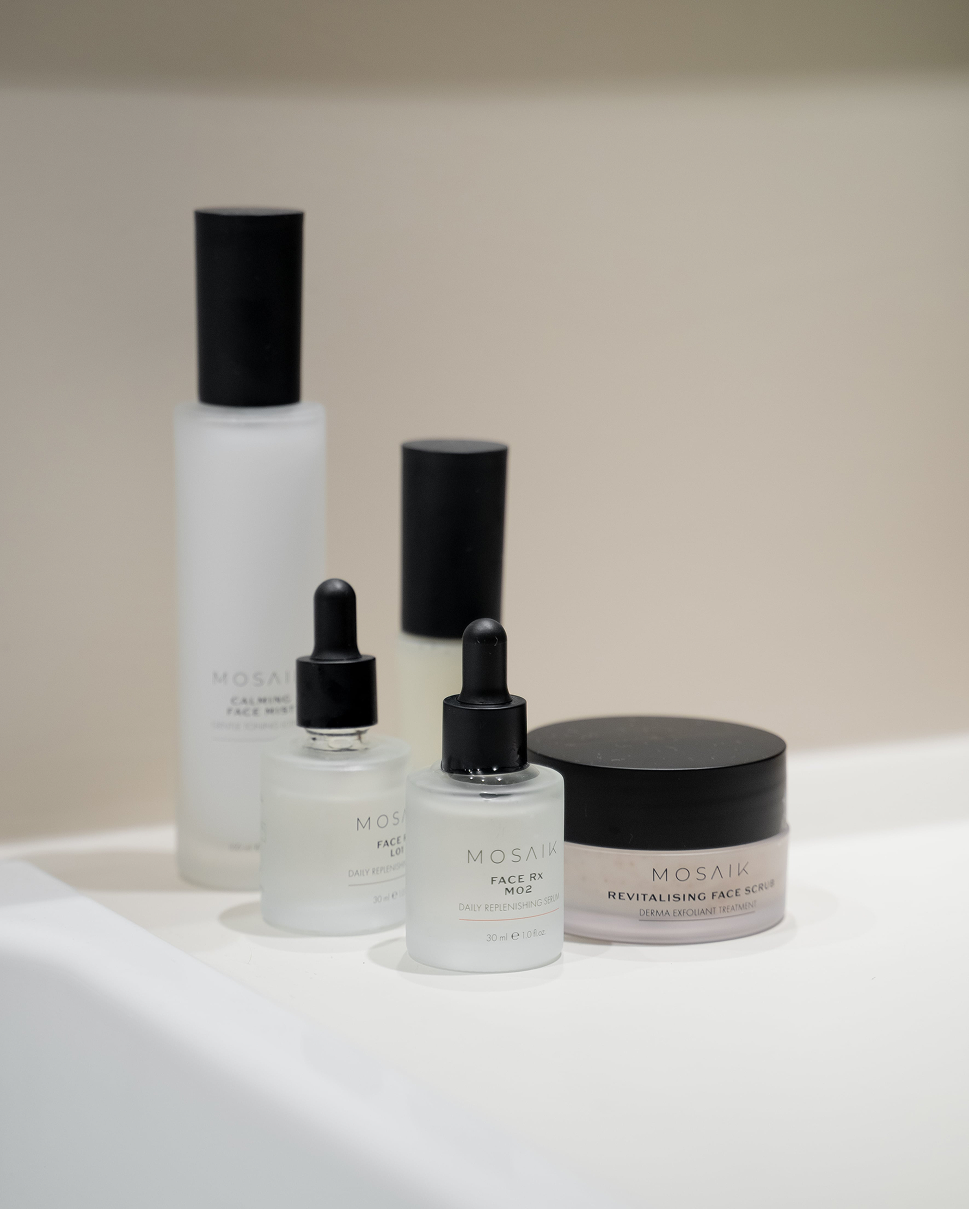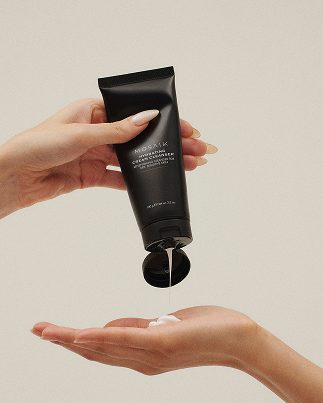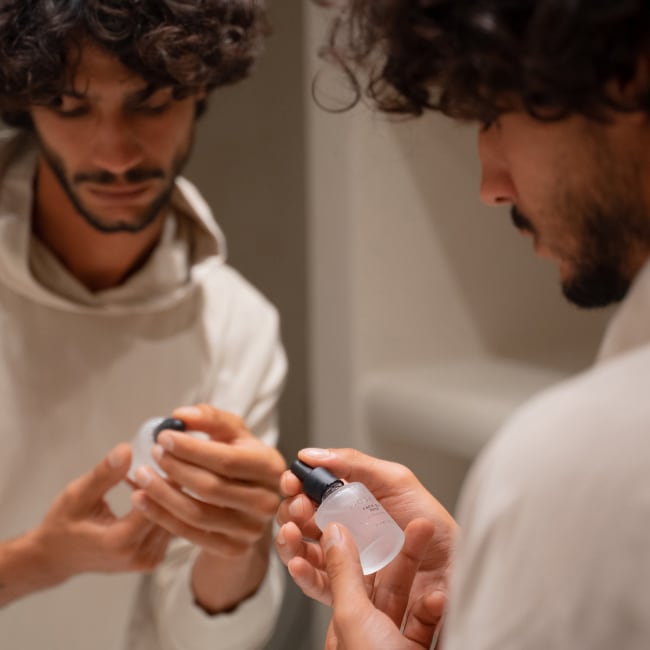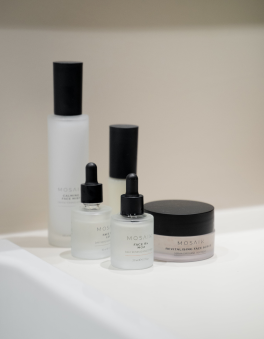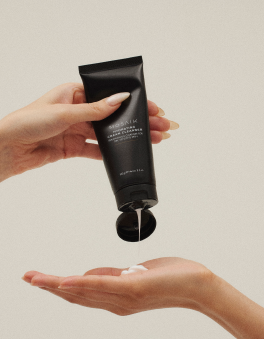Vitamin C is a powerhouse ingredient in skincare, celebrated for its ability to brighten, protect, and rejuvenate the skin. But did you know not all vitamin C is created equal? If you’ve ever wondered which type is in your favorite serum—or which one you should choose—hopefully the following will help you out!
Why Vitamin C is so predominant in skincare (and healthcare in general)?
Vitamin C is beloved for its:
• Antioxidant protection against environmental stress
• Brightening effect on dull or uneven skin
• Support for collagen production (hello, firmer skin!)
• Ability to fade dark spots and hyperpigmentation
But the form of vitamin C in your skincare can make a big difference in how effective—and gentle—it is for your skin.
The Main Types of Vitamin C in Skincare
1. L-Ascorbic Acid (Pure Vitamin C)
What is it? The gold standard and most researched form of vitamin C.
Pros: Potent, fast-acting, and delivers visible brightening and anti-aging benefits.
Cons: Highly unstable (can degrade with light and air), best in airtight packaging. Can be irritating for sensitive skin and requires a low pH to be effective.
Best for: Normal, oily, or combination skin that tolerates actives well.
2. Sodium Ascorbyl Phosphate (SAP)
What is it? A stable, water-soluble derivative.
Pros: Gentler than pure vitamin C, great for oily or acne-prone skin, and offers antioxidant protection.
Cons: Less potent and slower to show results; must convert to ascorbic acid in the skin.
Best for: Oily, acne-prone, or sensitive skin.
3. Magnesium Ascorbyl Phosphate (MAP)
What is it? Another stable, water-soluble form.
Pros: Hydrating, gentle, and helps with collagen production and brightening.
Cons: Less potent than L-ascorbic acid, but well tolerated.
Best for: Dry, sensitive, or mature skin.
4. Tetrahexyldecyl Ascorbate (THD/THDA)
What is it? An oil-soluble, highly stable vitamin C derivative.
Pros: Deeply penetrates skin’s lipid layers, less irritating, suitable for sensitive skin, and highly stable. Offers brightening, antioxidant, and collagen-boosting benefits.
Cons: Sometimes more expensive; efficacy data is still growing.
Best for: All skin types, especially sensitive, dry, or mature skin.
5. Ascorbyl Glucoside & Other Derivatives
What is it? Water-soluble, stable forms often found in gentle formulas.
Pros: Well-tolerated, helps brighten and even skin tone.
Cons: May be less potent and require conversion in the skin to become active.
Best for: Sensitive or combination skin.
How to Find Out Which Vitamin C Is In Your Product
-
Check the ingredient list: Look for names like “ascorbic acid,” “sodium ascorbyl phosphate,” “magnesium ascorbyl phosphate,” or “tetrahexyldecyl ascorbate.”
-
Consider your skin type: Sensitive skin? Opt for derivatives like MAP or THD. Oily or acne-prone? SAP is a great choice. If you want fast results and can handle actives, L-ascorbic acid is for you.
-
Packaging matters: L-ascorbic acid needs airtight, opaque packaging to stay potent.
Remember, not all vitamin C serums are the same. The best one for you depends on your skin’s needs, your sensitivity level, and your skincare goals. No matter which form you choose, vitamin C is a worthy addition to your routine for brighter, healthier skin. So next time you pick up a vitamin C serum, flip it over and check the label—your skin will thank you!

